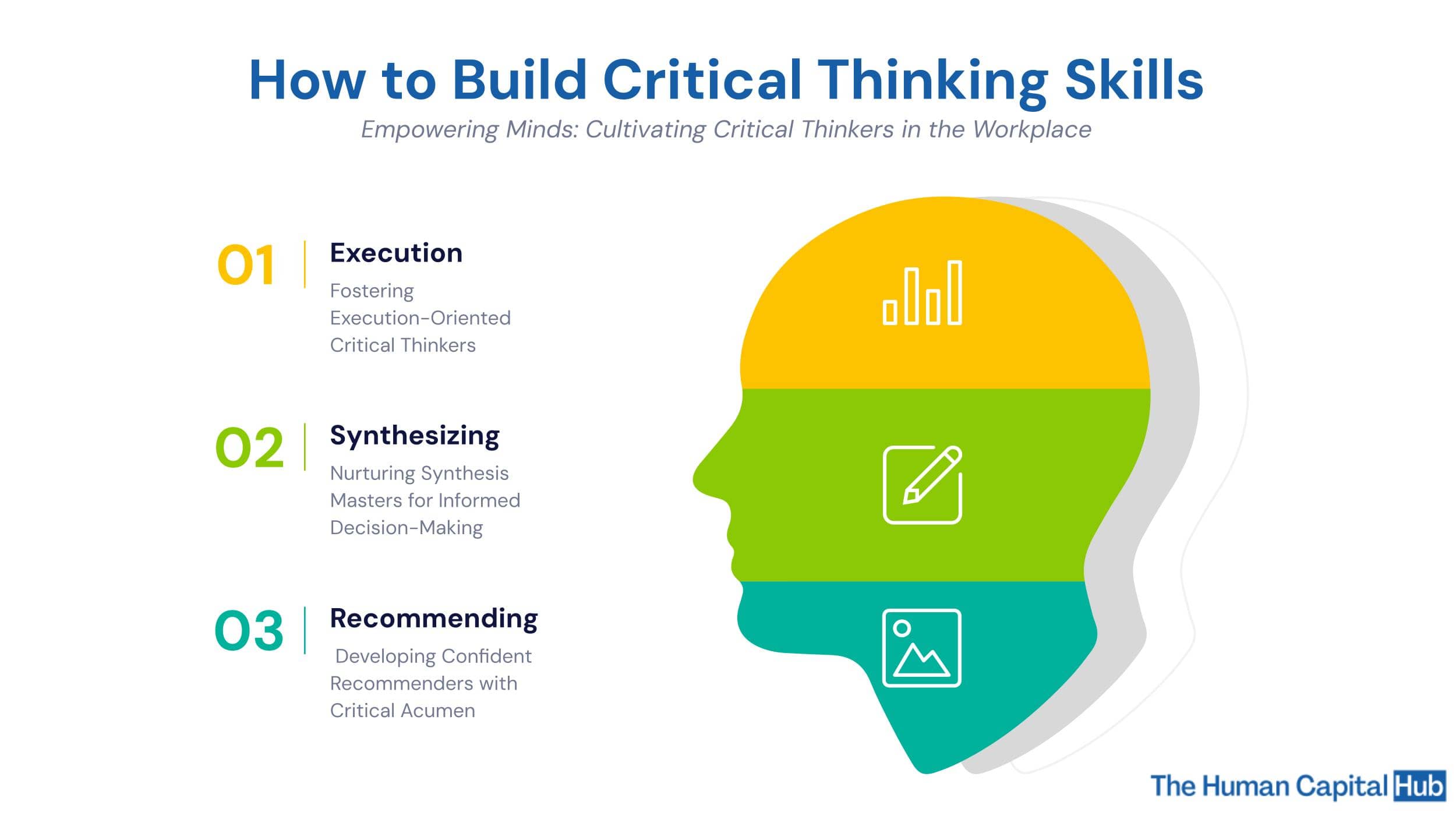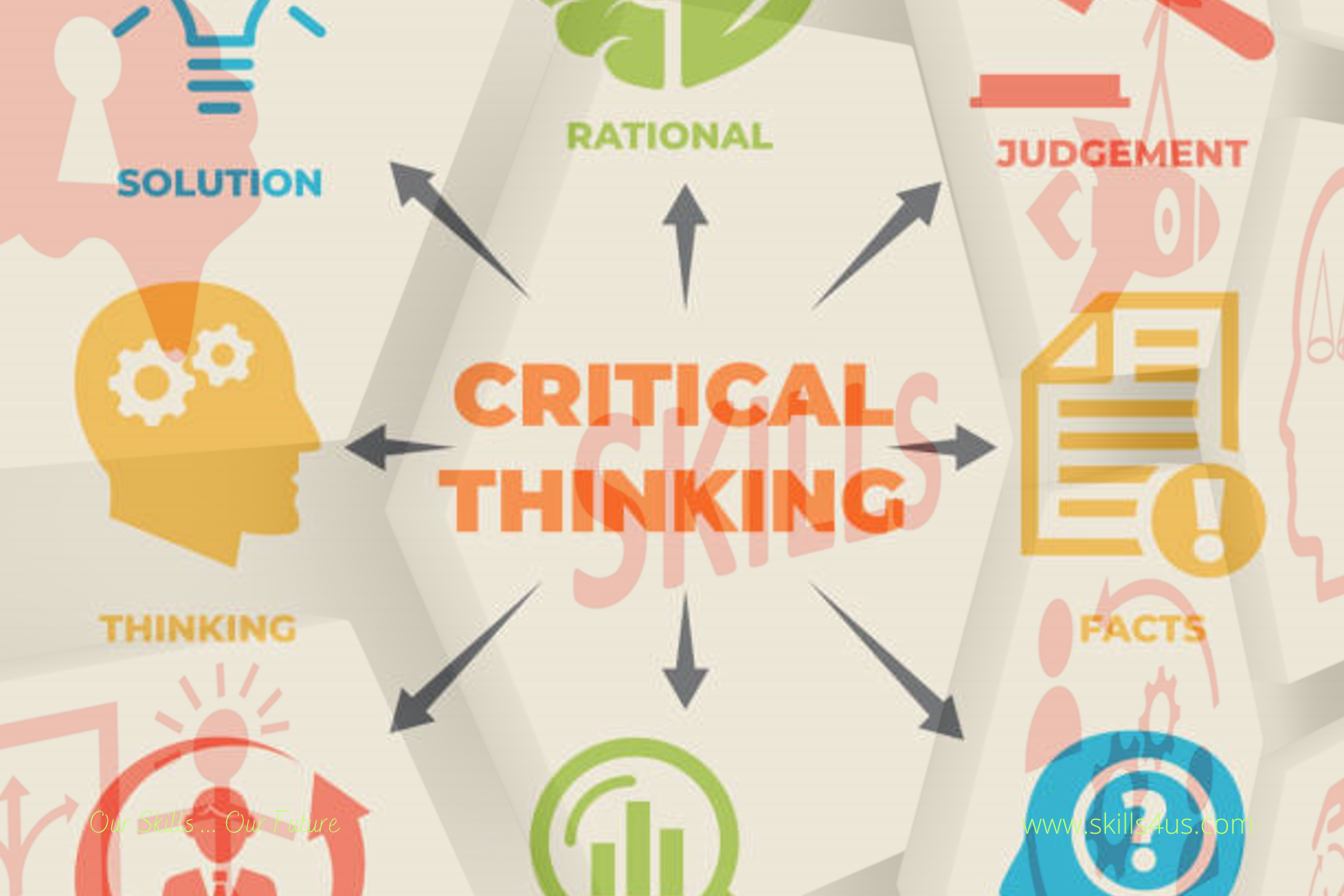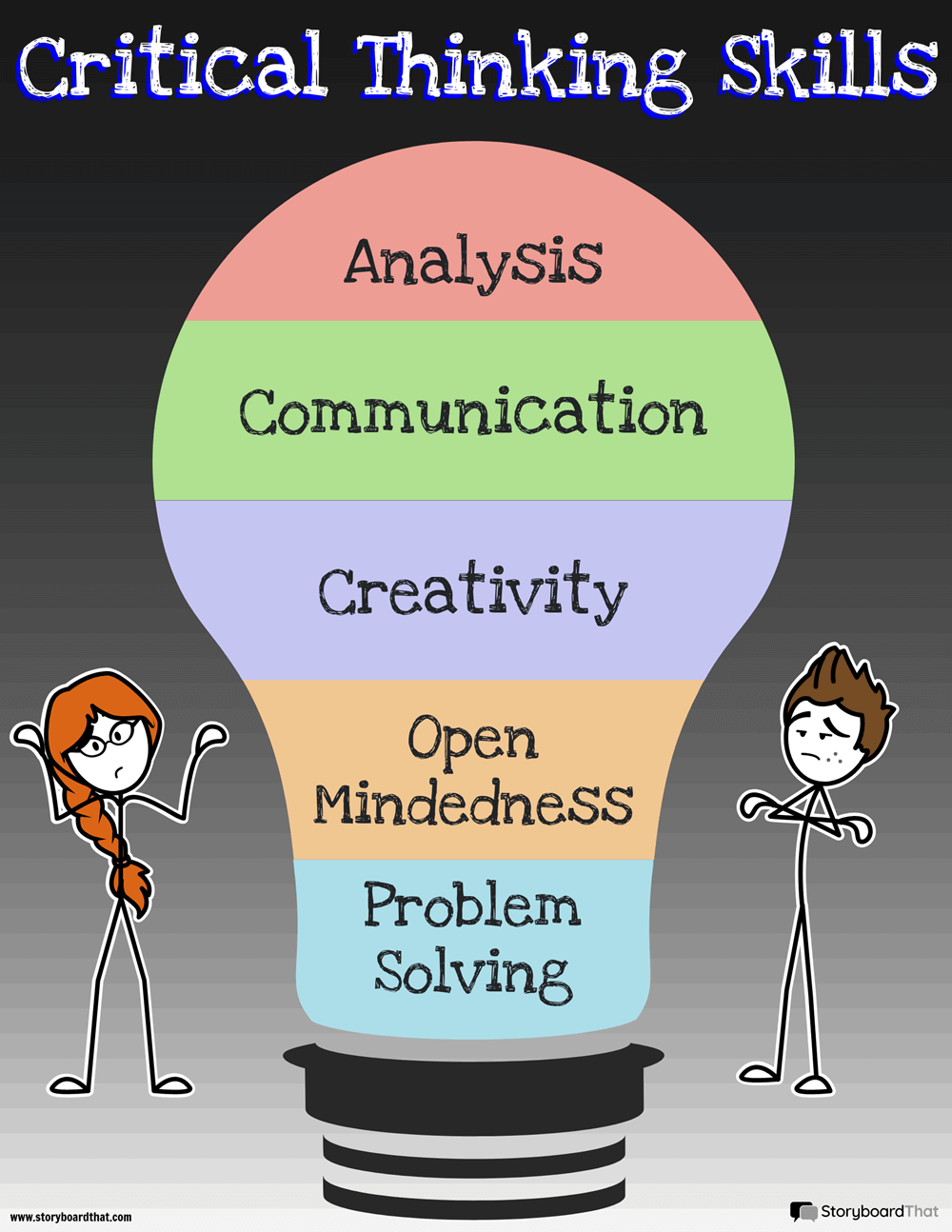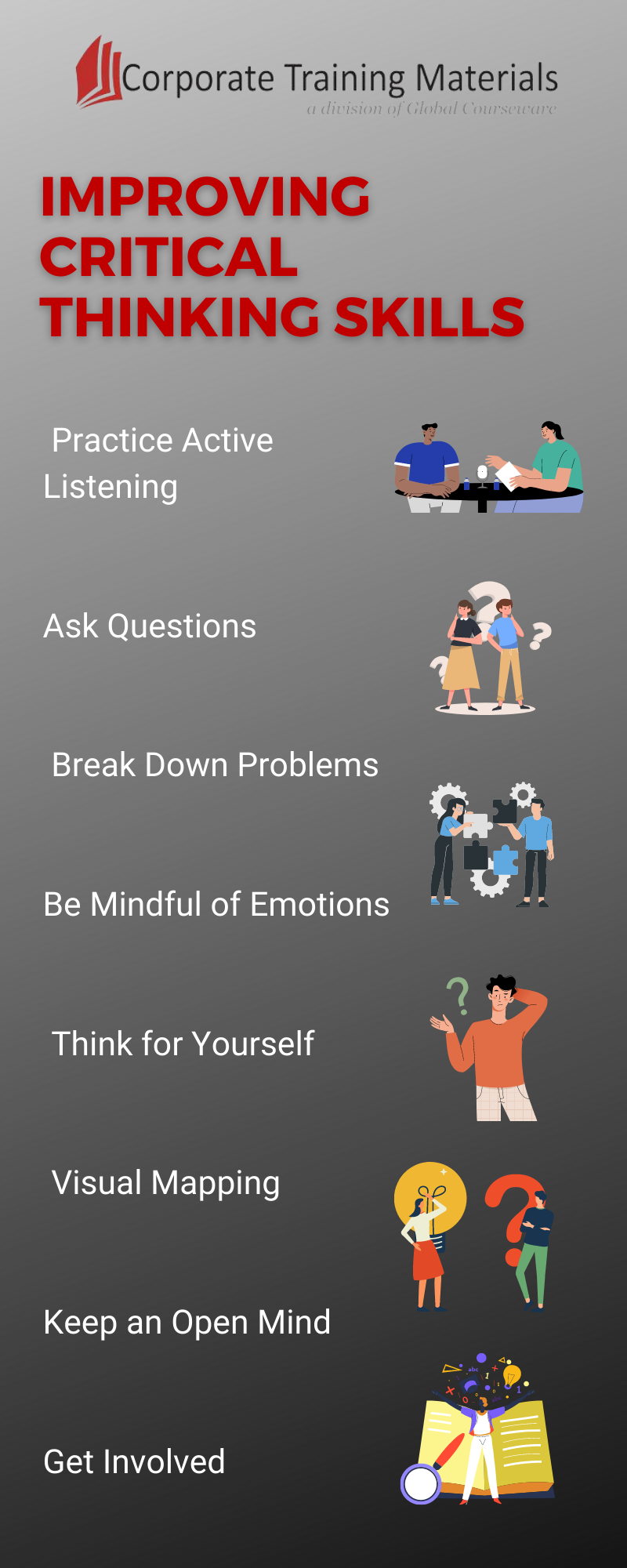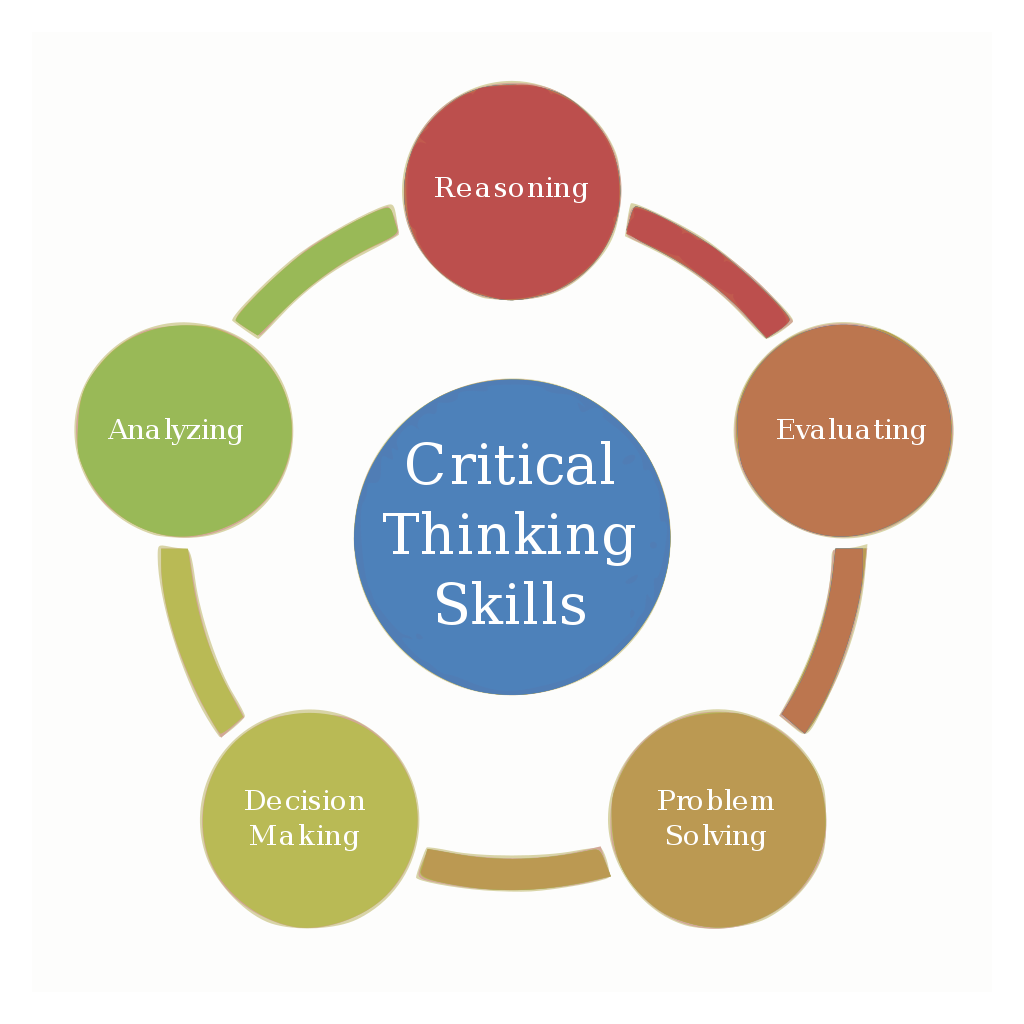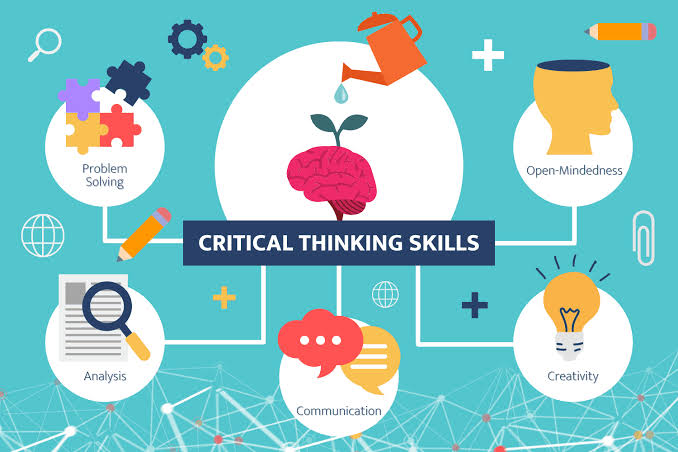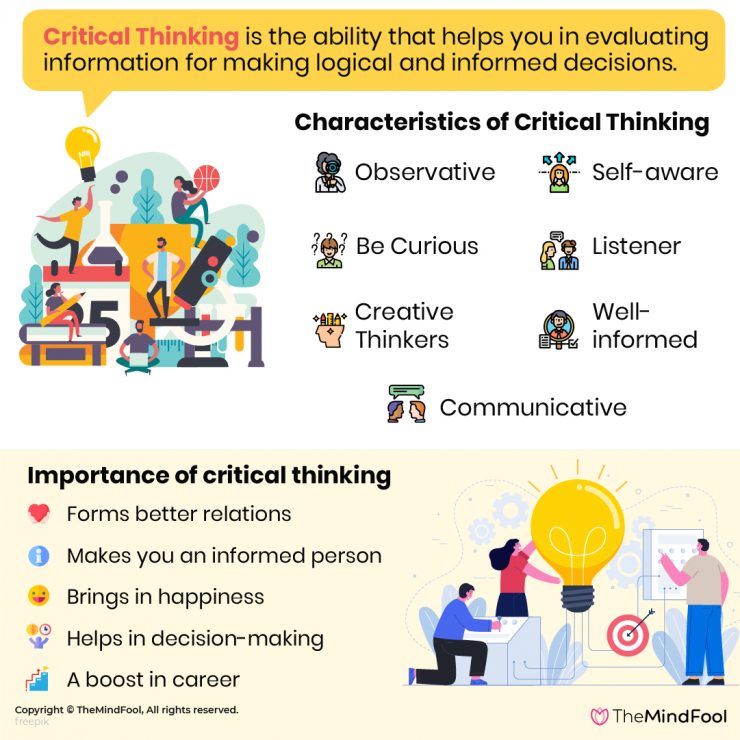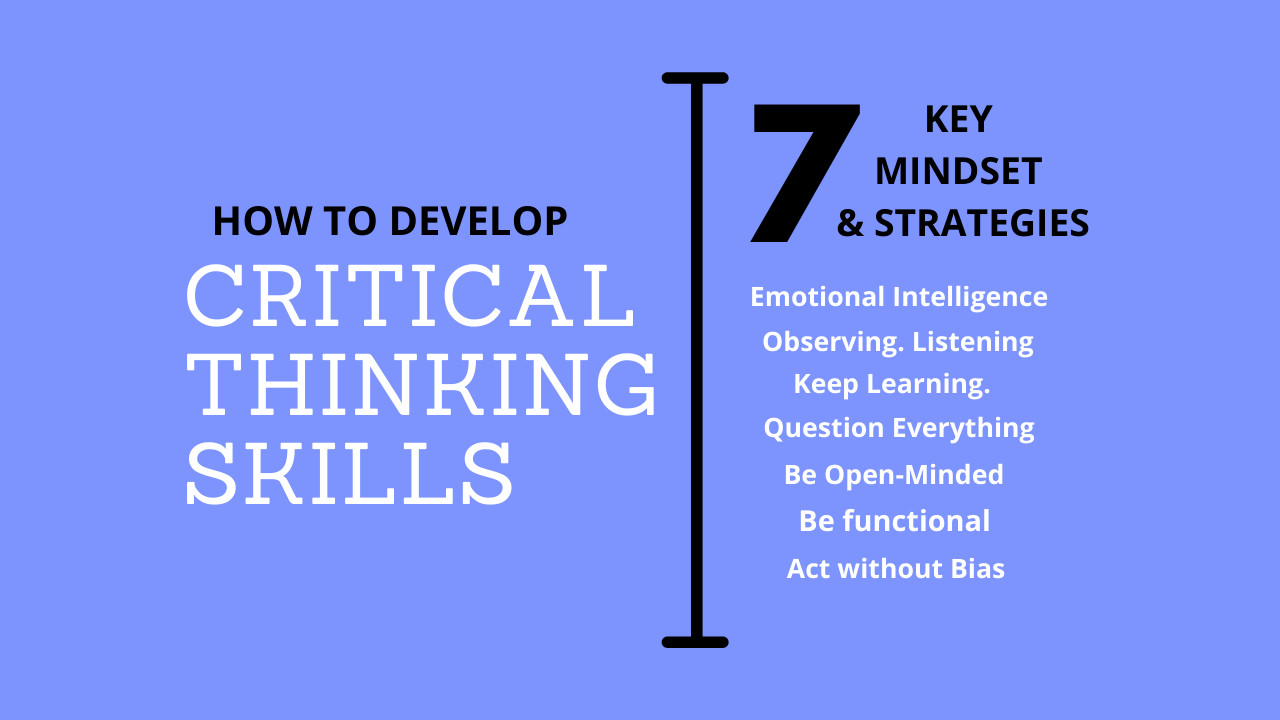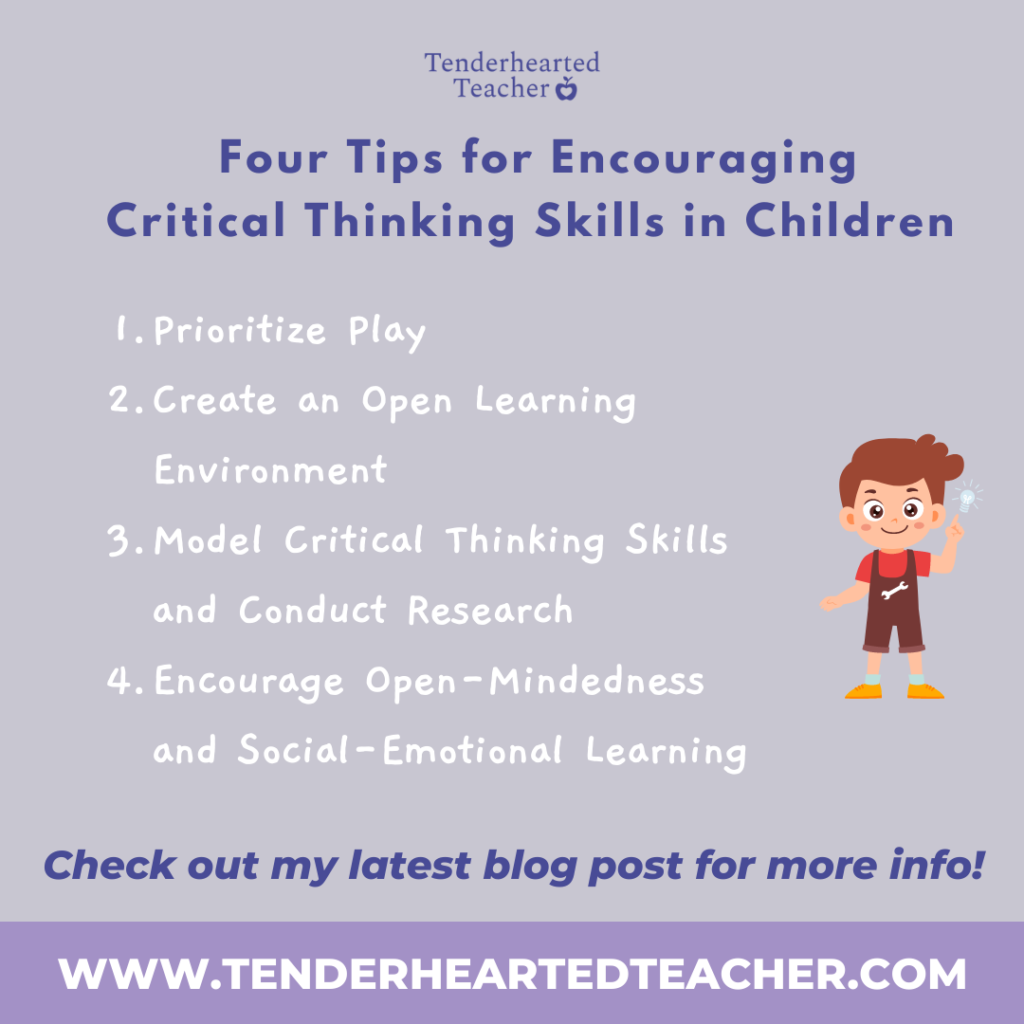How To Build Critical Thinking Skills
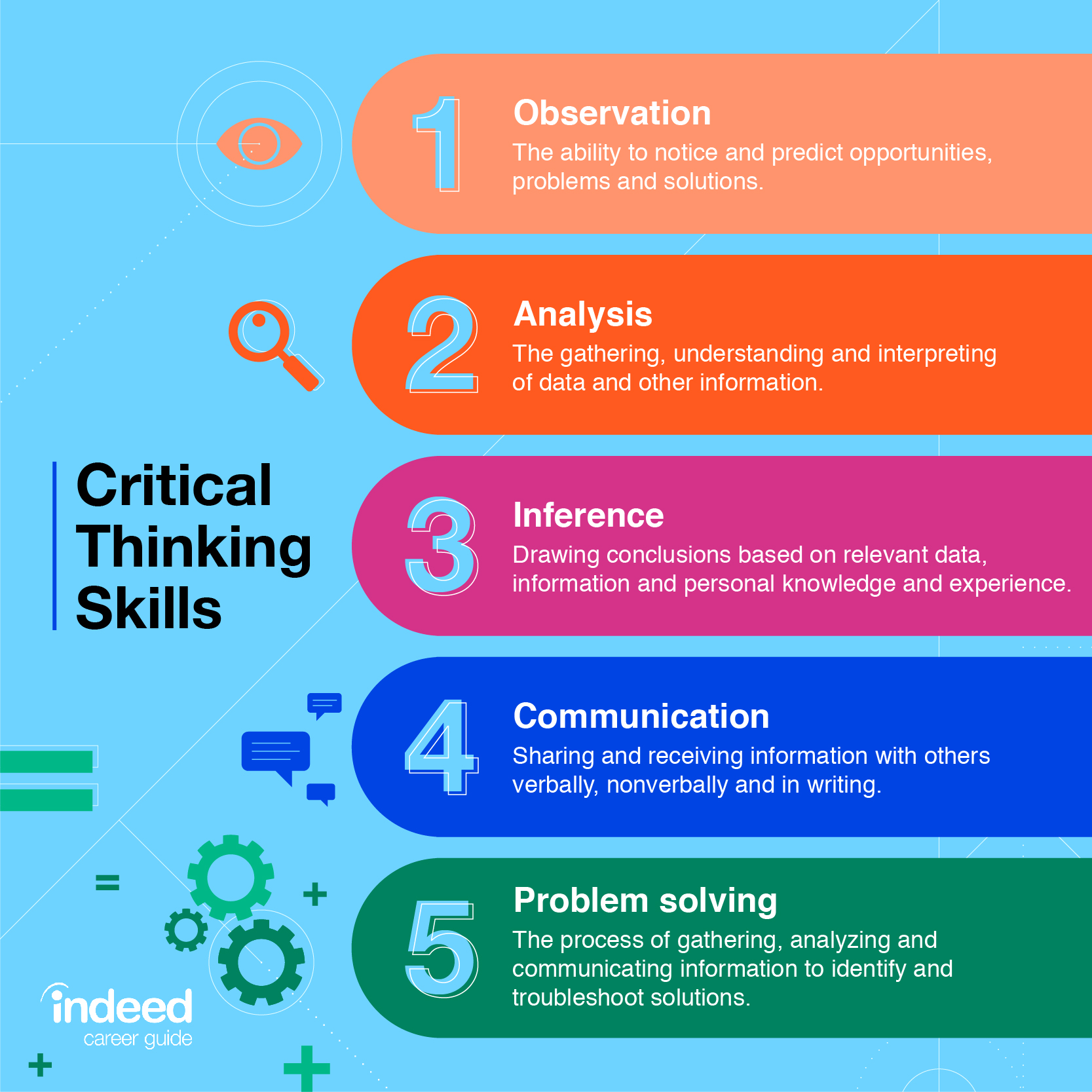
In an era saturated with information and misinformation, the ability to think critically has become an indispensable skill. From navigating complex news cycles to making informed decisions in everyday life, critical thinking empowers individuals to analyze, evaluate, and synthesize information effectively.
This article delves into practical strategies and techniques for cultivating and honing critical thinking skills, providing a roadmap for readers to become more discerning and informed consumers of information.
Understanding Critical Thinking
Critical thinking goes beyond simply memorizing facts. It involves actively engaging with information, questioning assumptions, and formulating reasoned judgments.
It's about understanding the "why" behind the "what," and recognizing biases that can cloud our perceptions.
Key Components
Critical thinking encompasses several core components. These include analysis, evaluation, inference, interpretation, and self-regulation.
Analysis involves breaking down complex information into smaller, manageable parts. Evaluation refers to assessing the credibility and validity of sources.
Inference is the ability to draw logical conclusions based on available evidence, and interpretation focuses on understanding the meaning and significance of information.
Self-regulation is the process of reflecting on one's own thinking and identifying areas for improvement.
Practical Strategies for Building Critical Thinking Skills
Developing critical thinking skills is an ongoing process that requires deliberate practice and conscious effort.
Question Everything
A fundamental aspect of critical thinking is questioning assumptions and challenging the status quo. Do not accept information at face value.
Ask "why" repeatedly and seek evidence to support claims. Consider alternative perspectives and challenge your own biases.
Seek Diverse Perspectives
Actively seek out diverse sources of information and perspectives. Engage with viewpoints that differ from your own.
Reading different news sources and engaging in discussions with people who hold opposing views can broaden your understanding and challenge your assumptions.
Practice Active Reading
Active reading involves engaging with the text and critically evaluating the author's arguments. Highlight key points, ask questions, and take notes.
Summarize the main ideas in your own words and identify any potential biases or fallacies in the author's reasoning.
Engage in Problem-Solving Activities
Problem-solving activities provide opportunities to apply critical thinking skills in real-world scenarios. Puzzles, brain teasers, and case studies can help you develop your analytical and problem-solving abilities.
Work through the problem, identify the assumptions being made, and assess the possible solutions.
Develop Media Literacy
In the digital age, media literacy is essential for navigating the vast amount of information available online.
Learn to identify fake news, propaganda, and other forms of misinformation. Be wary of sensational headlines and emotionally charged content.
Check the credibility of sources and verify information with multiple sources before sharing it.
Reflect on Your Thinking
Regularly reflect on your own thinking processes and identify areas for improvement. Ask yourself questions like: What assumptions am I making? What biases might be influencing my judgment?
Journaling can be a helpful tool for tracking your thought processes and identifying patterns of thinking.
The Impact of Critical Thinking
The ability to think critically has far-reaching implications for individuals and society as a whole. Critical thinking is essential for informed decision-making.
It allows individuals to evaluate evidence, weigh options, and make choices that are aligned with their values and goals. In a democracy, critical thinking is essential for informed citizenship.
Critical thinkers are better equipped to understand complex issues, evaluate political candidates, and participate in meaningful civic engagement.
"Critical thinking is not just a skill, it's a habit of mind that empowers individuals to navigate the complexities of the modern world with confidence and clarity," - Dr. Emily Carter, Professor of Cognitive Psychology.
Cultivating critical thinking skills is an investment in oneself and the future. By actively engaging with information, questioning assumptions, and seeking diverse perspectives, individuals can become more discerning and informed consumers of information, leading to better decision-making and a more engaged citizenry.
